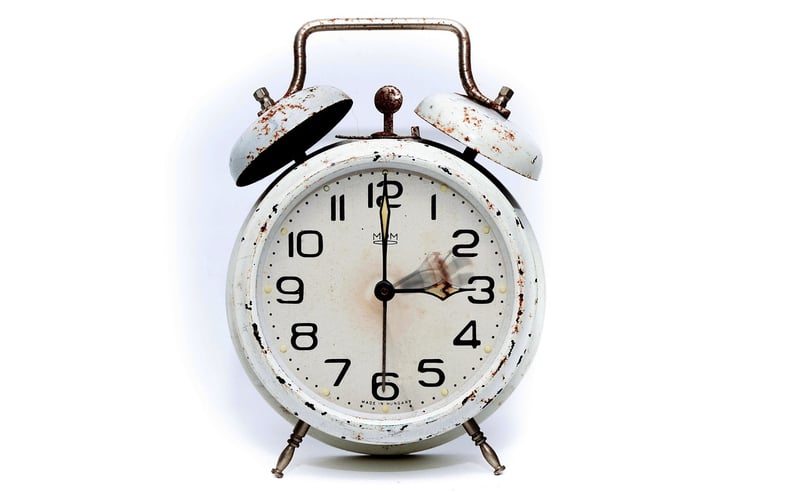Temporal Divergence
Exploring Time Inconsistencies and Temporal Divergence

Introduction
Time is a fundamental concept that governs our existence and the universe we inhabit. However, the perception and measurement of time can sometimes exhibit inconsistencies that lead to fascinating phenomena such as temporal divergence.
Time Inconsistencies
Time inconsistencies refer to discrepancies or discrepancies in the way time is perceived, experienced, or measured. One common example is the theory of relativity, where time can appear to pass at different rates for observers in relative motion.
Causes of Time Inconsistencies
- Gravity: Strong gravitational fields can warp spacetime, affecting the flow of time.
- Velocity: According to the theory of relativity, faster-moving objects experience time dilation.
- Perception: Factors such as attention, memory, and emotions can influence how we perceive the passage of time.
Temporal Divergence
Temporal divergence occurs when the timeline or sequence of events diverges from what was expected or predicted. This phenomenon is often associated with time travel scenarios and paradoxes.
Examples of Temporal Divergence
- Grandfather Paradox: A time traveler goes back in time and prevents their grandfather from meeting their grandmother, leading to a paradox of existence.
- Bootstrap Paradox: An object or information is sent back in time in an infinite loop with no discernible origin.
Conclusion
Time inconsistencies and temporal divergence challenge our understanding of the nature of time and reality. Exploring these concepts not only sparks curiosity but also deepens our appreciation for the intricate fabric of the universe.
Remember, while the idea of time travel and temporal anomalies is fascinating, they remain theoretical concepts that push the boundaries of our current scientific knowledge.
